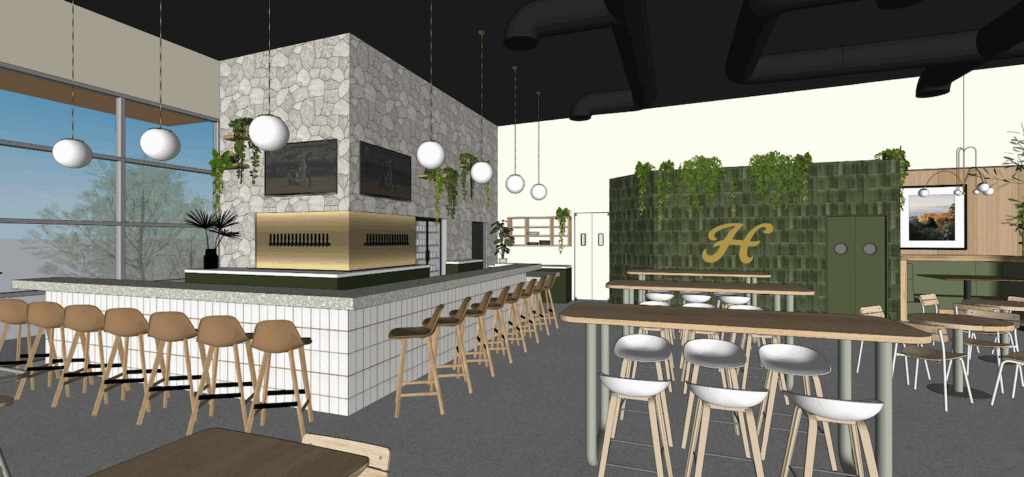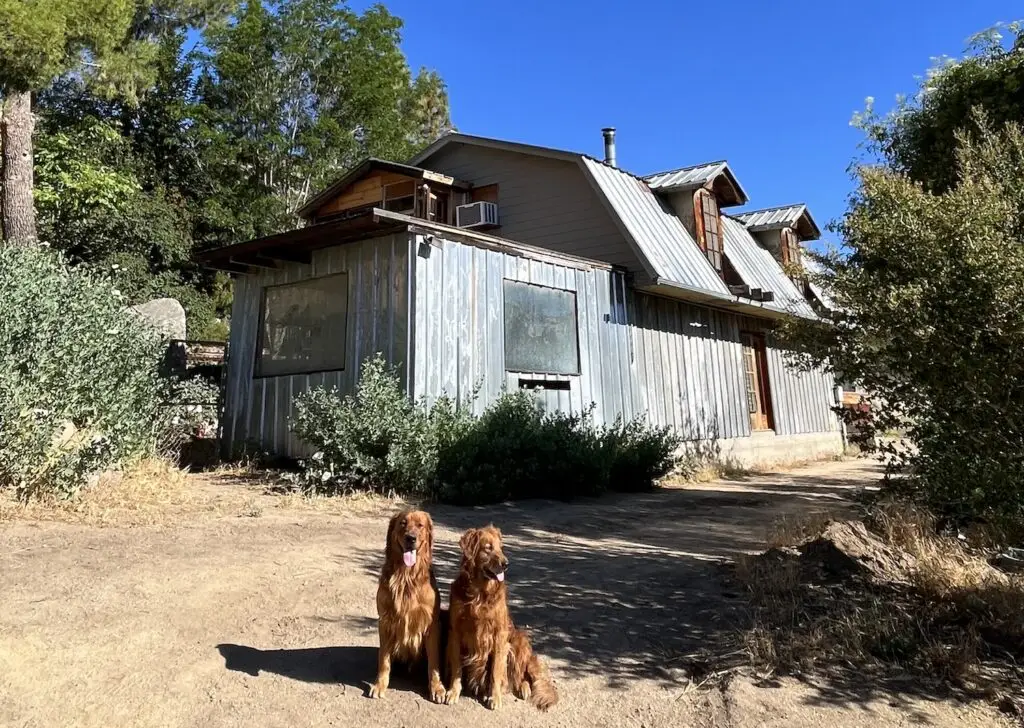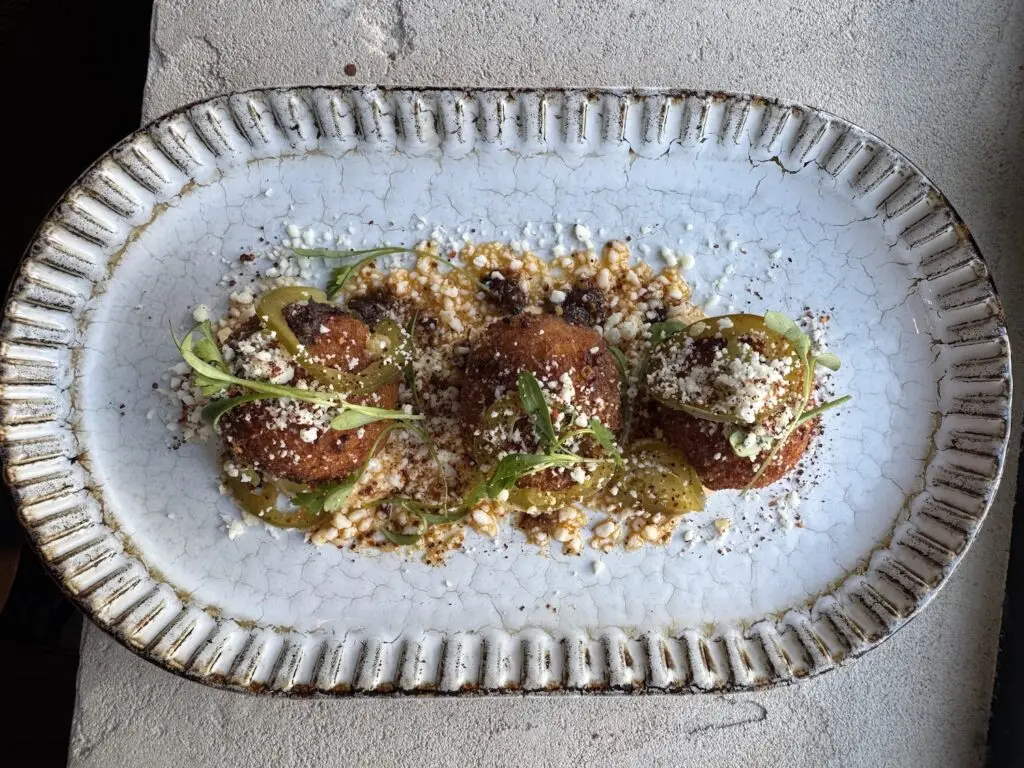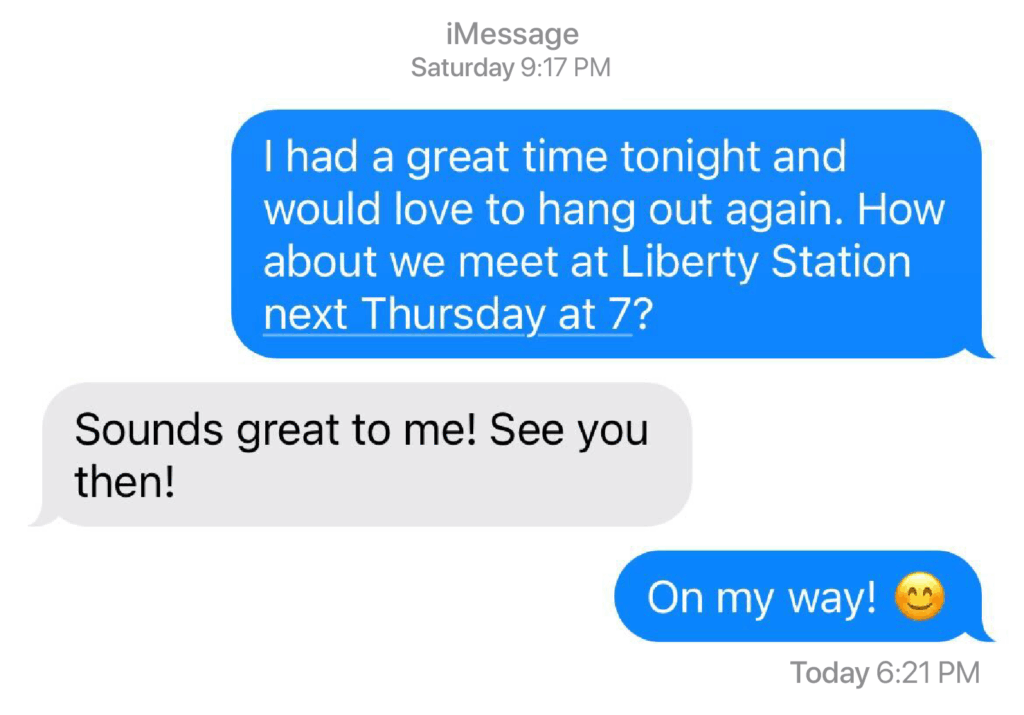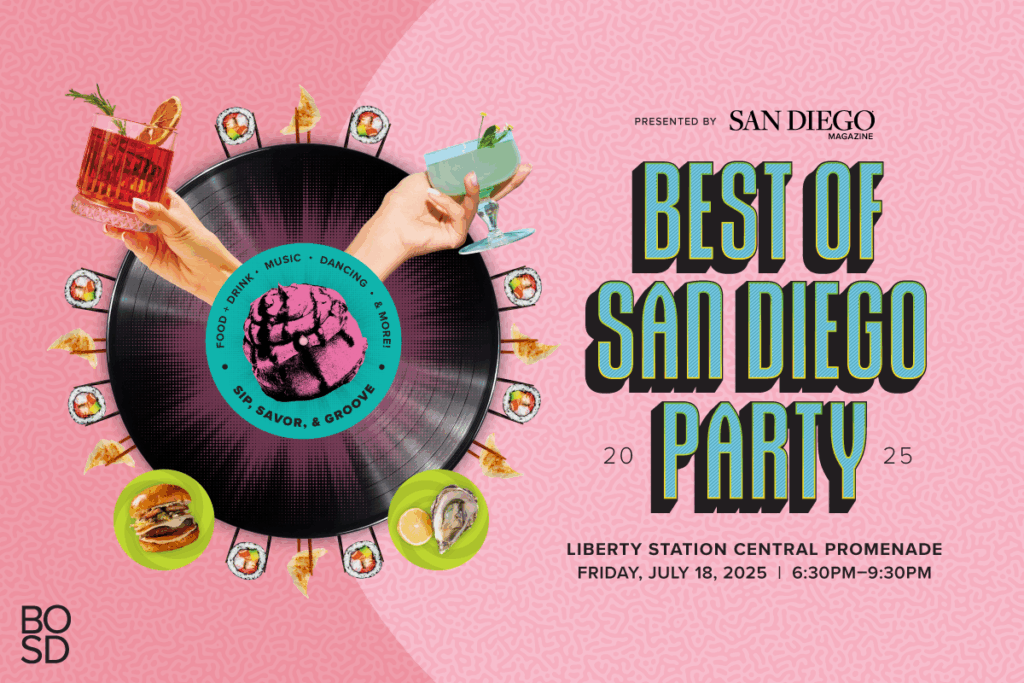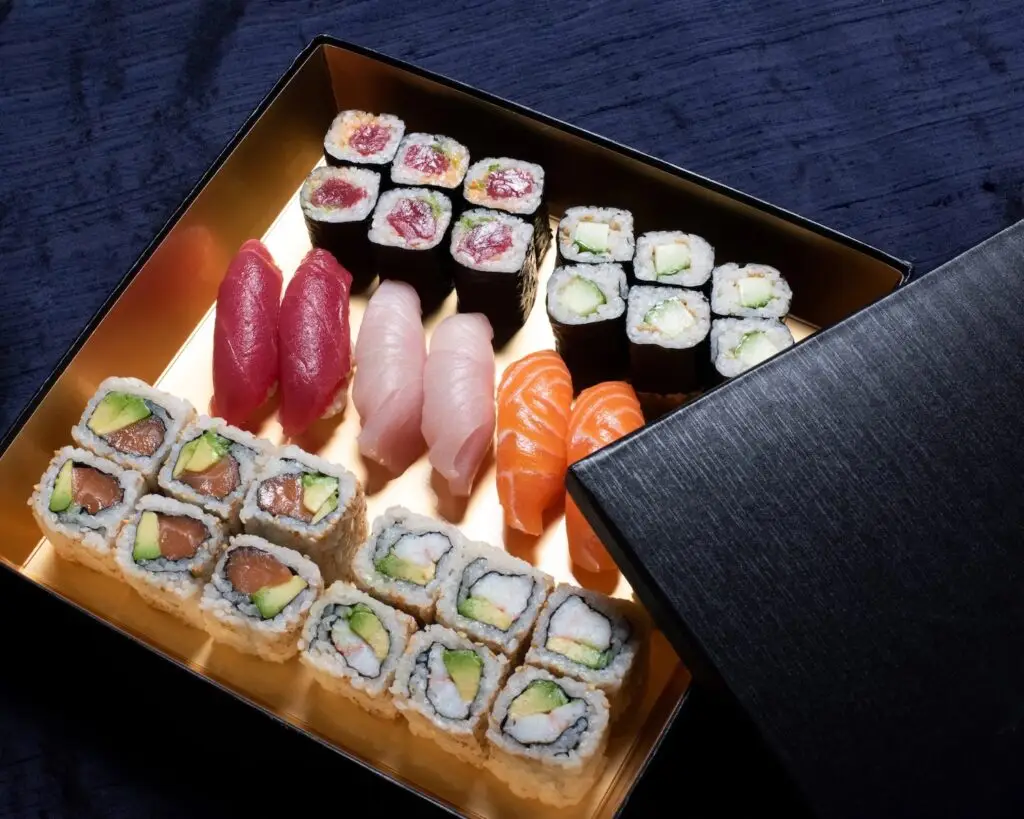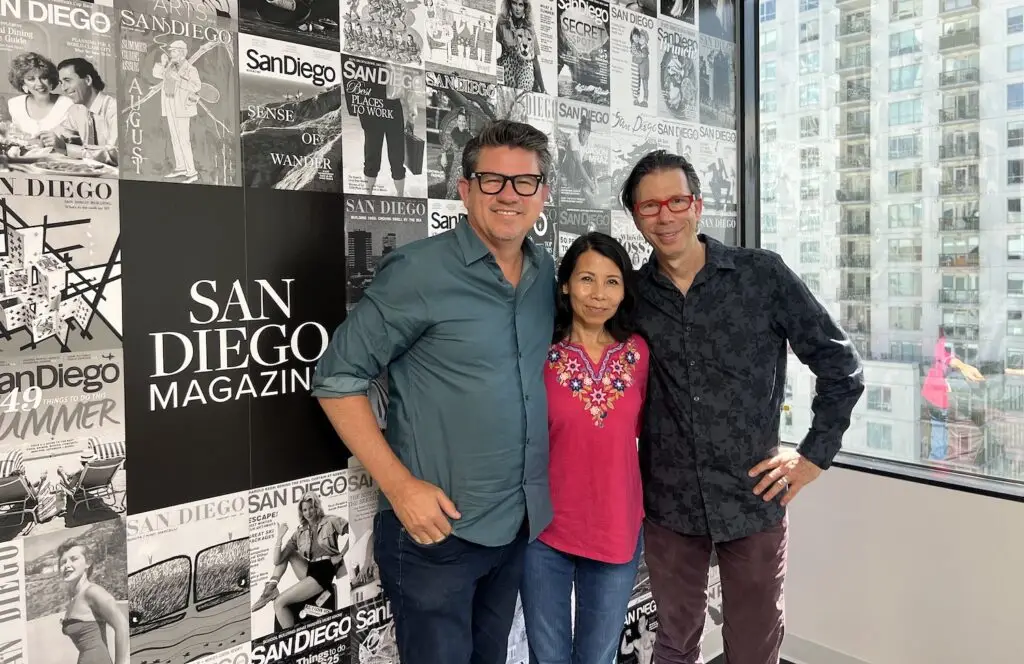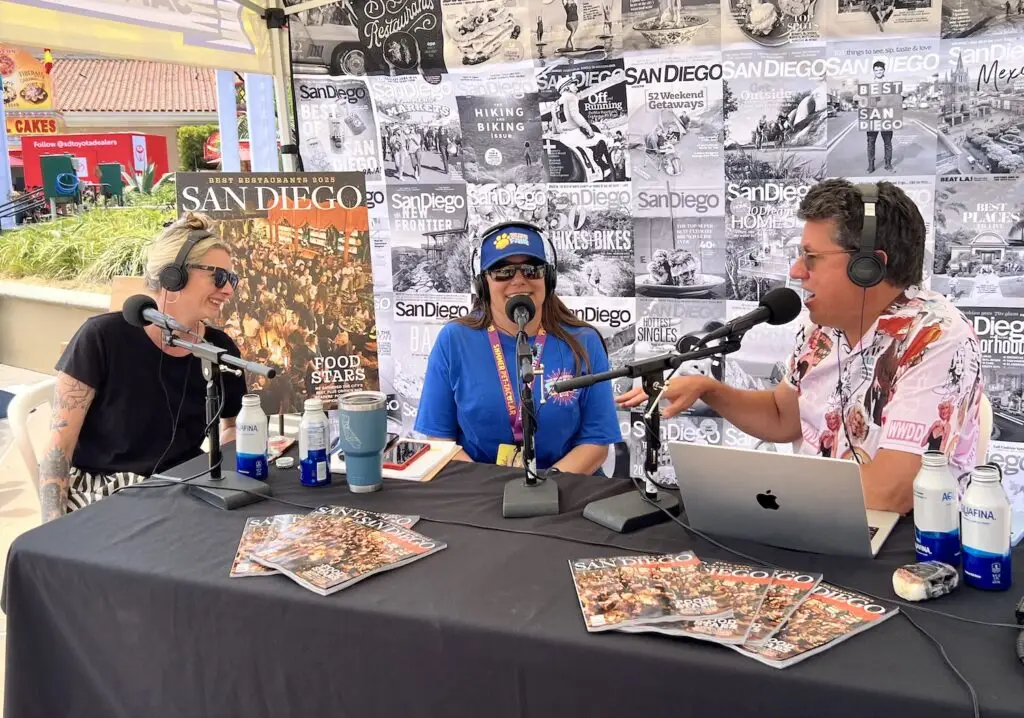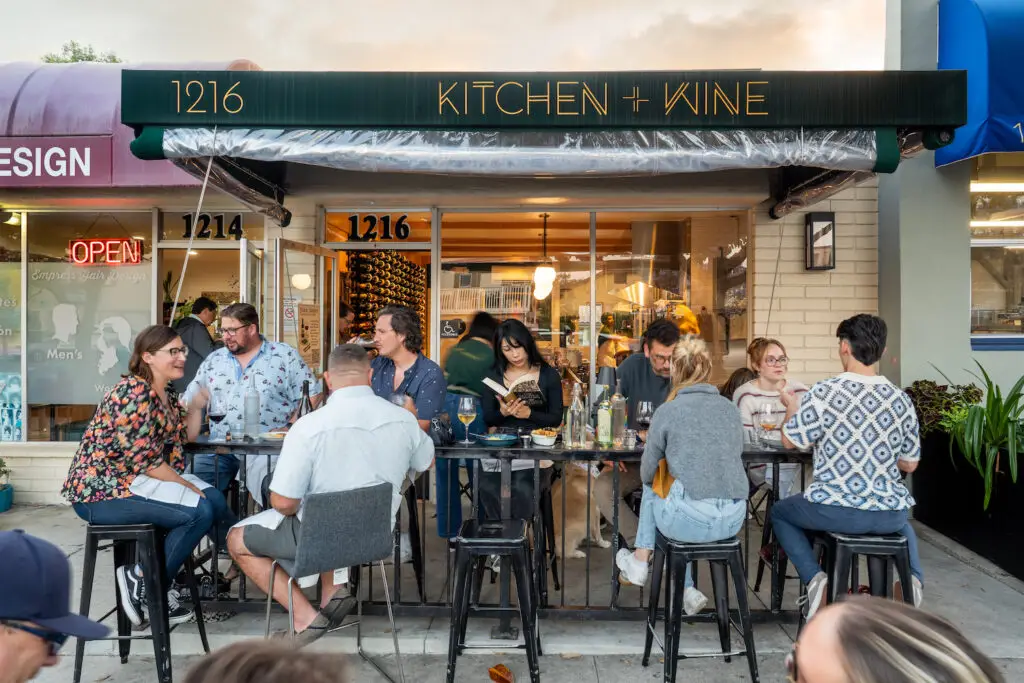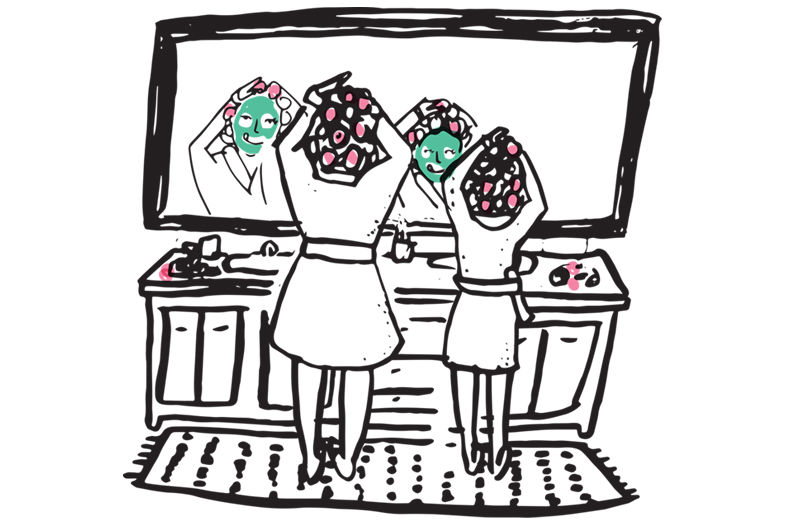
Rachel Laing
Rachel Laingâ
I looked in the mirror the other day and saw my mother staring back at me.
It was the first time I’ve ever seen an unmistakable resemblance to her. My family always joked that I was the milkman’s love child, because none of my facial features resembled my parents’—though we finally solved the mystery of my nose when we came across a photo of my great-uncle Al as a young man.
I was thrilled to see a physical manifestation of my mom, for whom I still ache three years after her death. Yet my first thought was how disappointed she would’ve been that I looked like her. My mom had nothing but criticism for her own face, and she always disputed any suggestion that her daughters resembled her.
As a little girl, I saw my mom as extremely beautiful, and I’d tell her so. She’d flash me an amused and skeptical look, as though I were buttering her up. “This is why you have kids, to tell you things like that!” she’d laugh.
Now I have a daughter everyone says looks just like me. I don’t see it at all. If there were a cartoon reflecting how I feel when I look at my kids, my eyes would be giant flashing hearts, and I’d swoon as birds flew around my head. They are impossibly beautiful to my eyes. To suggest I have even a fraction of my daughter’s beauty, grace, or style strikes me as absurd.
It’s tempting to play back the tapes from my mom and use the remarks as an occasion to demonstrate my (genuine) modesty and catalogue the flaws Georgia dodged, or note how she scored more winnings than I did in the genetic lottery.
But it’s also an opportunity to be a role model for Georgia at a critical time, just before she hits adolescence. Over the next few years, the little girl who’s supremely comfortable in her own skin will be bombarded with messages that her looks are more important than anything else about her—and also that her beauty is insufficient.
So instead of beating myself up, I just smile and say, “Thank you.” Instead of saying I wish she’d gotten her long eyelashes from me, I now either move on from the topic or remark on the traits I admire about Georgia: her creativity, her kindness, her sense of humor.
I’m consciously working to build up Georgia’s armor as much as possible, and that means emphasizing the importance of traits she has control over. Among the hundreds of ways I’m preparing her for life as an adult woman, one of them starts with me. If I’m constantly fussing over my own looks, obsessing about my weight, despairing over the lines that are showing up on my face, or otherwise devoting my energy to things that don’t matter, how can she believe me when I advise her to derive her pride from her hard work and achievements?
So I’ve shut down the self-criticism factory—at least when it comes to the superficial stuff. And if ever I’m tempted to criticize the face in the mirror, I remind myself that I look a whole lot like the lady I once called the most beautiful woman in the world.
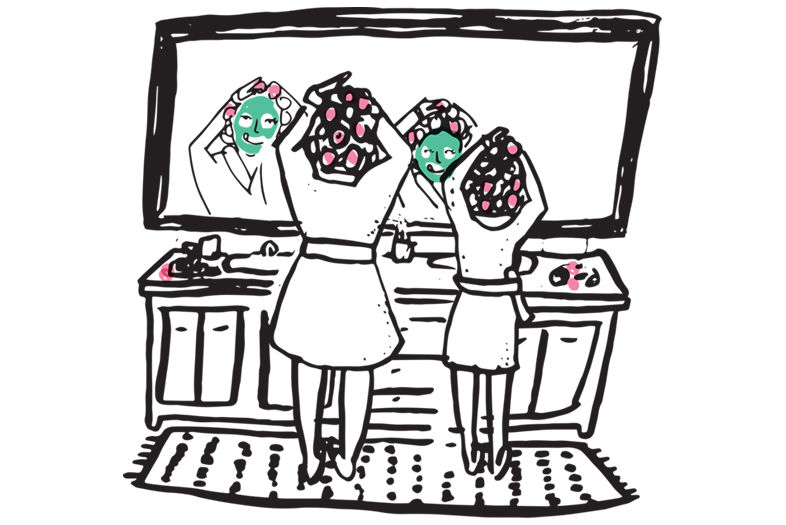
Parental Indiscretion
PARTNER CONTENT
Illustration by Kristina Micotti
